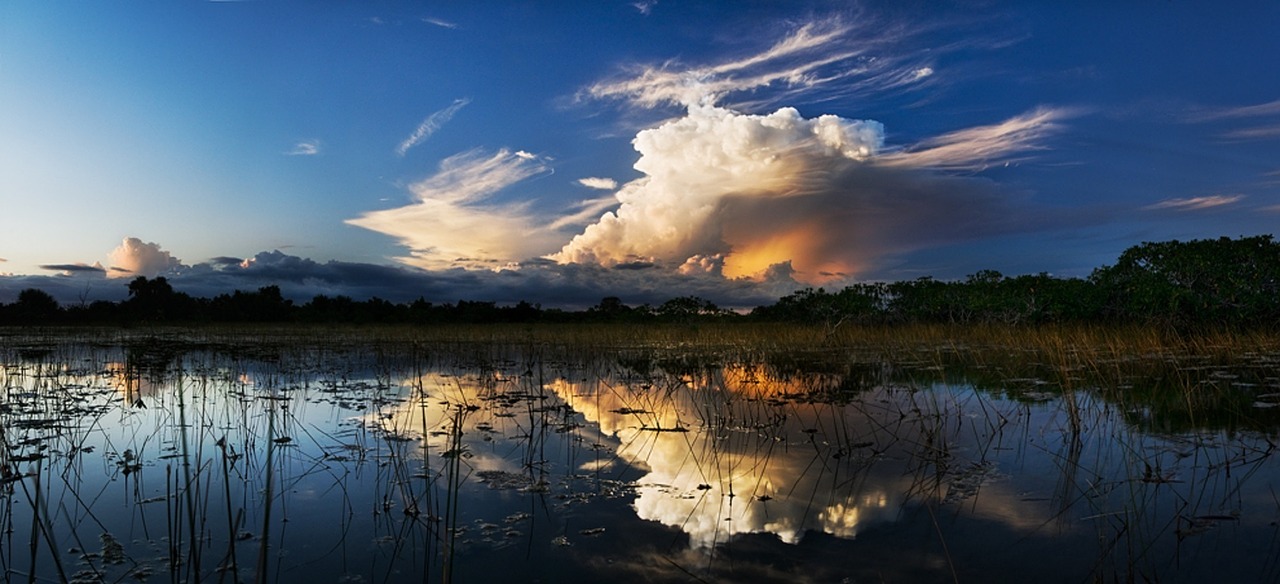With the need for clean water in South Florida waterways becoming an increasingly pressing issue, Republican Senate President Joe Negron proposed a bill that would build a water reservoir south of Lake Okeechobee.
Back in 2016, Negron proposed purchasing 60,000 acres of land south of Lake Okeechobee in order to create a 120-billion-gallon reservoir to prevent further water pollution into St. Lucie and the Caloosahatchee rivers. Since 1999, nearly 1.26 trillion gallons of tainted water has made its way into the St. Lucie River.
The reservoir would house all of the polluted water and prevent it from further contaminating the lakes. The state and federal governments would equally pay for the cost of the reservoir, with a total cost of $2.4 billion.
The reservoir proposal is an attempt to prevent another toxic algae development like the one that devastated waterways in June 2016. Southern Floridian agriculture and communities would all be impacted by a contamination, as the water can poison individuals and potentially hurt the tourism economy.
After major resistance from the sugar industry and lawmakers, Negron recently implemented drastic changes to the bill. The major change included utilizing state-owned land instead of purchasing agricultural land from farmers that would have helped out in the depleting southern Glades area.
Instead, SB 10 will depend on 31,000 acres of state-owned land that is currently leased to the sugar industry, Florida Crystals. The reservoir will be 14-feet deep and hold around 78.2 billion gallons of water on the A-2 site and will eventually be expanded to hold another 39.1 billion gallons.
Altogether, the reservoir will hold 117.3 billion gallons of contaminated water.
Republican Senator Rob Bradley, sponsor of the bill stated, “We knew the bill would ultimately evolve to something different than what was originally filed.”
By making use of state-owned land, the cost of the bill has dropped to $1.5 billion; however, Democrat Sen. Kevin Rader, who voted for the bill, has stated that the proposal amendments will worsen the unemployment dilemma in the Glades area, which has already reached a 20% unemployment rate.
Rader continued to state that the “anti-development” history of Martin County, a part of Negron’s district, should be blamed for much of the toxic water being deployed into the waterways through their usage of septic tanks instead of sewer lines.
However, with major changes present and a three-hour discourse amongst lawmakers, the Senate passed the bill with a 36-3 vote where it was then sent to the House for approval.
During the discussion, in response to skeptics, Bradley stated, “To suggest algae blooms were caused by septic tanks ‘wouldn’t be supported’ by scientists.”
Although the House has not yet planned a time to vote on the bill, Negron has expressed great confidence in the bill getting approved.
“We’ve listened to our constituents, our fellow citizens in the Glades and scientists,” Negron stated to reporters. “We have been working to find the right balance between the goals we have and addressing concerns of fellow citizens in the Glades community.”






